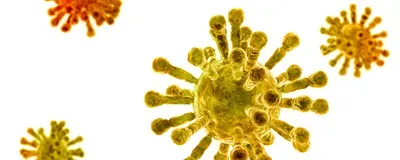ABOVE: © ISTOCK.COM, NAEBLYS
State laboratories have identified flaws in some of the test kits distributed by the US Centers for Disease Control and Prevention in an effort to speed up coronavirus diagnosis nationwide, according to Reuters. California and Georgia confirmed that they are waiting for the CDC to send new reagents while health authorities in Illinois say the kits are working fine and they are proceeding with testing.
Last week, the CDC began shipping roughly 200 kits to laboratories throughout the US and some 200 more to international labs, reports The New York Times. The agency says that 700 to 800 specimens from patients can be tested with each kit.
A trial run in some states produced “inconclusive” results that appear to have been caused by a defective enzyme, Nancy Messonnier, director of the CDC’s National Center for Immunization and Respiratory Diseases, said during a press conference, according to ...






















